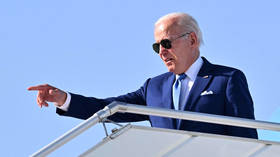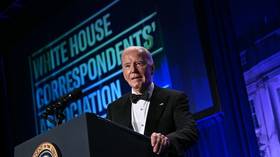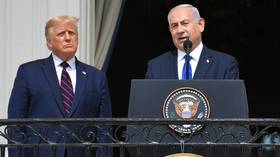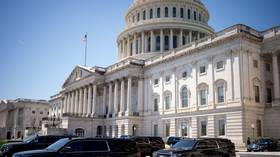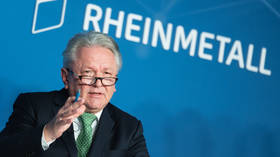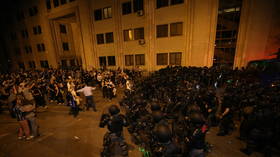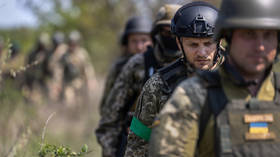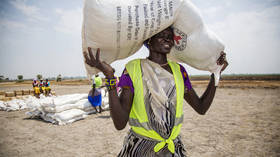Iran officially reopens embassy in Saudi Arabia
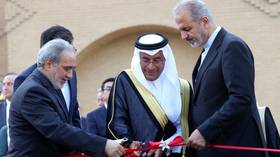
Iran officially reopened its embassy in the Saudi capital of Riyadh on Tuesday, as the two regional powers move to ease their rivalry after signing a peace deal in Beijing. The agreement heralded a major diplomatic realignment in the Middle East.
“We consider today an important day in the relations between Islamic Republic of Iran and Saudi Arabia,” Iranian Deputy Foreign Minister Alireza Bikdeli said at a ribbon-cutting ceremony. “God willing, the region will move towards greater cooperation and convergence to achieve stability, prosperity and progress.”
Saudi Arabia’s embassy in Tehran is expected to open in the near future.
Majority-Sunni Saudi Arabia severed diplomatic ties with Shia Iran in 2016, after protesters stormed its diplomatic outposts there following the kingdom’s execution of a prominent Shia scholar several days earlier.
In the years since, the two powers have clashed on major geopolitical issues. Saudi Arabia has close economic and military relations with the US, while Iran has been heavily sanctioned by Washington over its nuclear program. Riyadh and Tehran support opposing sides in the civil wars in Yemen and Syria, while Iran backs the Hezbollah movement in Lebanon. Saudi Arabia – along with the US and Israel – considers Hezbollah a terrorist group.
A detente was reached in March, however, when Iranian and Saudi diplomats signed an accord in Beijing. Under the Chinese-brokered agreement, both countries agreed to reopen their embassies and to commit to “non-interference” in each other’s internal affairs, according to a joint statement by Saudi, Iranian, and Chinese officials.
Additionally, Riyadh and Tehran said they would resume a security cooperation agreement signed in 2001, and would work to enhance “regional and international peace and security.”
Iran reopened its embassy on the same day that US Secretary of State Antony Blinken was scheduled to arrive in Riyadh to make the case for Saudi Arabia normalizing its relationship with Israel. Just one day earlier, Blinken told a group of Jewish lobbyists in Washington that “there is no … graver” threat to Israel than “the one posed by the Iranian regime.”
However, Blinken’s visit comes amid a realignment in the Middle East, as Washington’s partners in the region no longer follow its foreign policy to the letter. The rapprochement between Saudi Arabia and Iran prompted talks between Iran and Egypt aimed at rebuilding diplomatic ties.
The Saudi-led Arab League has also welcomed Syria back into its ranks, with Saudi Crown Prince Mohammed bin Salman warmly greeting Syrian President Bashar Assad at the bloc’s summit in Jeddah last month. The US vehemently opposed the re-admission of Syria – an ally of Russia and Iran – to the organization.
